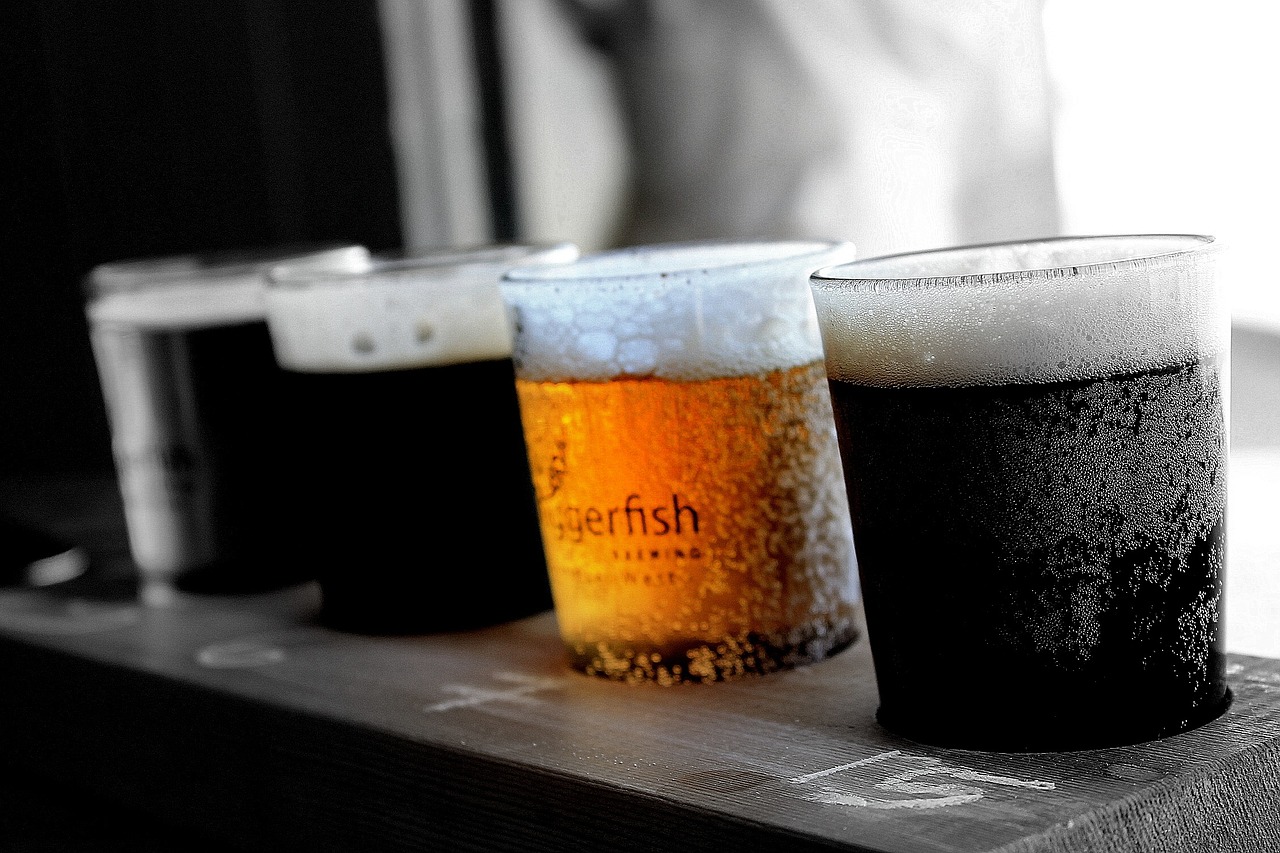New Zealand is known for its stunning natural landscapes, from rolling green hills to pristine beaches and majestic mountains. The country’s commitment to protecting its environment is deeply ingrained in the national identity. As we deal with climate change and environmental degradation, businesses across New Zealand, including brew bars, are focusing on sustainability. These establishments have become a vital part of the country’s craft beer scene, and many are adopting eco-friendly practices. From reducing waste to sourcing local ingredients, brew bars in New Zealand are making sustainability a central part of their business models.
The Craft Beer Revolution Meets Sustainability
The craft beer revolution in New Zealand has been booming over the last few decades. With over 200 breweries across the country, the focus has shifted from mass-produced, industrial beers to small-batch, locally crafted brews. This shift has allowed New Zealand brewers to experiment with unique flavours and ingredients, and in doing so, many have embraced sustainable practices.
New Zealand brew bars are playing a crucial role in this revolution, not only by showcasing the finest craft beers but also by setting an example of how a business can minimise its environmental impact. These establishments are implementing a wide range of eco-friendly practices, from reducing energy consumption to promoting responsible sourcing of materials. Their commitment to sustainability reflects the broader ethos of the craft beer movement: supporting local communities and caring for the environment.
Local Sourcing: Supporting New Zealand Agriculture
One of the ways that New Zealand brew bars promote sustainability is through local sourcing. By using ingredients grown and produced within the country, these bars are reducing the carbon footprint associated with transportation and supporting local farmers and suppliers.
Hops, an essential ingredient in beer, is a prime example of this. New Zealand is known for producing some of the world’s best hop varieties, such as Nelson Sauvin, Motueka, and Riwaka. These hops are not only prized for their unique flavours but are also sustainably grown in regions like Nelson, where the climate is ideal for hop cultivation. Brew bars that prioritise the use of locally grown hops are not only enhancing the flavour profile of their beers but also reducing the need for imported hops, which can have a larger environmental footprint due to transportation.
In addition to hops, many brew bars source other ingredients, such as malt and yeast, from local suppliers. This focus on local sourcing extends to the food menus as well. Many New Zealand brew bars offer farm-to-table dining experiences, where the food is prepared using fresh, locally sourced ingredients. This way, brew bars are fostering a connection between their customers and the land, emphasising the importance of supporting locals.
Energy Efficiency and Renewable Energy
Another critical aspect of sustainability in New Zealand brew bars is the push for energy efficiency and the use of renewable energy. Brewing beer is an energy-intensive process, requiring large amounts of heat and electricity to boil, ferment, and cool the beer. Many brew bars are therefore taking steps to reduce their energy consumption and reliance on non-renewable resources.
Some brew bars have invested in energy-efficient brewing equipment that uses less electricity and water during the production process. These systems often involve heat recovery technologies, where the heat generated during brewing is captured and reused for other parts of the process, such as heating water for future brewing cycles. This not only reduces energy consumption but also lowers operating costs.
Additionally, several brew bars have embraced renewable energy sources, such as solar power, to fuel their operations. Hallertau Brewery in Auckland, for example, has installed solar panels on its roof to provide clean energy for its brewing operations.
Reducing Waste: Zero Waste Initiatives
Waste management is a significant challenge for any business, but New Zealand brew bars are leading the way with innovative zero waste initiatives. These efforts aim to reduce the amount of waste sent to landfills by reusing, recycling, or composting materials.
A common waste product in brewing is spent grain, which is leftover malt after the brewing process. Rather than discarding this byproduct, many brew bars have found creative ways to repurpose it. Some donate it to local farmers, who use it as animal feed, while others incorporate it into their food menus. This not only reduces waste but also creates a unique selling point for the brew bar, as customers appreciate the commitment to sustainability.
Another area where brew bars are reducing waste is through their packaging. Many brew bars have moved away from single-use plastics and are instead offering reusable or recyclable packaging options. Glass growlers, for example, are a popular choice for take-away beer, as they can be reused for refills. This reduces the need for single-use bottles or cans.
Additionally, some brew bars have implemented composting programs for organic waste, including food scraps and biodegradable packaging. By diverting organic waste from landfills and turning it into nutrient-rich compost, these brew bars are contributing to a more sustainable waste management system.
Community Engagement and Education
Sustainability is not just about what happens behind the scenes—many brew bars in New Zealand are actively engaging their communities in sustainability initiatives and promoting environmental awareness. Through educational programs, events, and partnerships, these brew bars are encouraging their customers to adopt more sustainable practices in their own lives.
Conclusion
As the demand for craft beer continues to grow, so too does the need for sustainable practices in the brewing industry. New Zealand brew bars are at the forefront of this movement, demonstrating that it’s possible to create great beer while also caring for the environment. From local sourcing and renewable energy to zero waste initiatives and community engagement, these bars are setting an example for the rest of the industry to follow.

